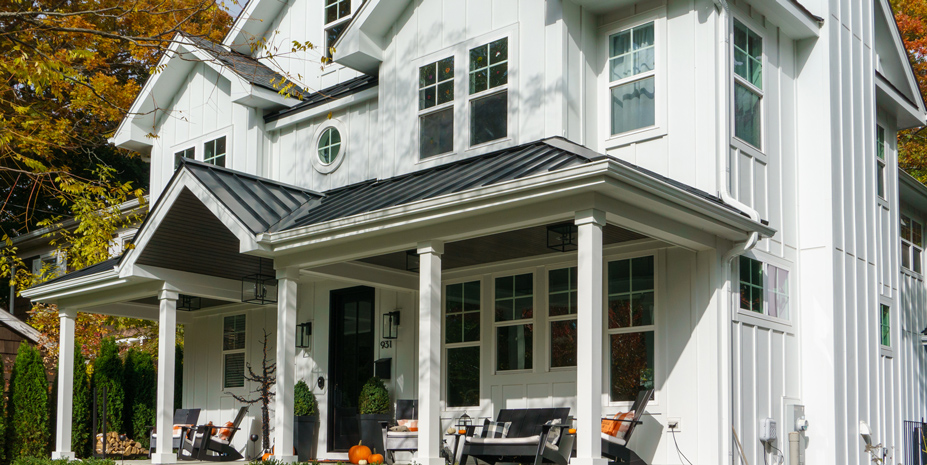
Urban design is a discipline that studies the design and construction of spaces and buildings. It considers the historical and cultural influences of cities, how cities develop and the physical structures that make up the city. It is also a branch in architecture that addresses current architectural practices.
Integrated architectural design is both a technology-cultural process and a technology that aims at integrating and materializing disparate elements to create a unique spatial, environmental, or cultural product. It is a new, experimental and technological process. Its goal is to create new expressions and forms for contemporary design. It engages current discourse, emerging aesthetics, and materializations, while setting out alternative forms of extractive practices and computationally facilitated manufacturing. This course will expose students to the theories, methods, and design processes of integrated architectural design.
Students will participate in a few short writing assignments and a research paper during this semester. These assignments will allow students to learn about various aspects of the design process, as well as graphic presentation skills and visual communication. They will also give students confidence in their ability take correct decisions, even when there are time limitations. They will also learn spatial manipulation and communication skills. Additionally, they will gain insight into how architecture is intended to be used.
The course will explore the physical appearance of present-day European cities. These cities are experiencing major transformations. Some cities become national capitals while others are transformed into traditional representative towns. As the physical environment adapts to the needs of new masses of population, political, financial, and administrative structures also develop. This course examines these changes by looking at the development of cities' physical architecture, as well as the cultural and social contexts which shaped them. Images of these cities will also be covered in the course.

FAQ
How long does it usually take to renovate your home?
It all depends on how big the project is and how much time you spend each day. The average homeowner works on the project for three to six hour a week.
Is it better to hire a general contractor or a subcontractor?
The cost of hiring a general contractor can be higher than that of a subcontractor. A general contractor often has many workers, which means they can charge their clients more for labor. On the other hand, a subcontractor only hires one employee, so he or she charges less per hour.
How do you choose a good contractor to work with?
Ask family and friends to recommend contractors. Online reviews are also a good option. Check to make sure the contractor has experience with the type of construction you are looking for. Check out references and ask for them to provide you with some.
How should home renovations take place?
First, decide where you want everything to go in your renovations. If you're planning on selling your home soon, it is important to consider how you wish to present your home for potential buyers. The design of your living room, bathroom, and kitchen should be the first thing you think about. After you've decided on the rooms that you wish to renovate, it is time to start searching for contractors who are experts in these areas. You can then begin your renovations once you have hired an expert contractor.
Is there anything I could do to save on my home renovations?
By doing all the work yourself, you can save money. You could, for example, try to reduce the number of people involved in the renovation. You can also find ways to reduce costs for materials during the renovation.
What should I look for when buying a home?
Before purchasing a new home, make sure that you have enough money saved up to cover closing costs. Refinancing your loan is an option if cash is tight.
How important is it that you are preapproved for a loan?
Getting pre-approved for a mortgage is very important because it gives you an idea of how much money you need to borrow. It helps you to determine if your loan application is eligible.
Statistics
- It is advisable, however, to have a contingency of 10–20 per cent to allow for the unexpected expenses that can arise when renovating older homes. (realhomes.com)
- The average fixed rate for a home-equity loan was recently 5.27%, and the average variable rate for a HELOC was 5.49%, according to Bankrate.com. (kiplinger.com)
- They'll usually lend up to 90% of your home's "as-completed" value, but no more than $424,100 in most locales or $636,150 in high-cost areas. (kiplinger.com)
- On jumbo loans of more than $636,150, you'll be able to borrow up to 80% of the home's completed value. (kiplinger.com)
- Rather, allot 10% to 15% for a contingency fund to pay for unexpected construction issues. (kiplinger.com)
External Links
How To
Five Things You Must Know Before Starting Your Home Renovation
-
Is this something you really want? If you are planning to do major home improvements like renovating your bathroom or building new houses, you will likely need help. But if you don't feel confident enough to tackle such a large task alone, then you might want to reconsider doing so. This could cost you a lot of money and time, and you may not get any real benefit from it. Instead, hire someone who has experience in this field to assist you. They'll save your time and make it easy for you to have a wonderful place to call home.
-
How much should I budget? This one may seem obvious, however spending too much on renovation projects could make matters worse. The reason is because you'll probably find yourself having to pay back most of the costs at the end of the day. You should stick to your budget, even if it's a tight one. Otherwise, you could end up paying a fortune without getting anything in return.
-
Should I hire professional tradespeople or DIY? - There is no right or incorrect answer. However, we recommend hiring professional tradespeople when you can afford them. You can trust them to provide you with advice and guidance on how to proceed with your job. For example, they'll be able install the plumbing correctly, ensure that everything is done safely, and provide you with a warranty when they finish their work. DIY projects are often a trial-and-error process, so you'll need to learn a lot from your mistakes. Plus, you'll have to deal with all sorts of problems that arise during the process.
-
Can I afford it - Don't underestimate the cost of a renovation project. Even if the project seems manageable, it could prove costly and you will need to borrow money. You should also consider the cost of selling your property if you plan to move soon after the renovations are completed.
-
Where should I begin? - When it comes to choosing where to start, there's no right or wrong place. But we suggest you choose something that you enjoy working on. It will motivate you to work harder and reduce procrastination. Avoid places that need a lot of attention. You should avoid redecorating your living room if it is always covered in dirt and dust.